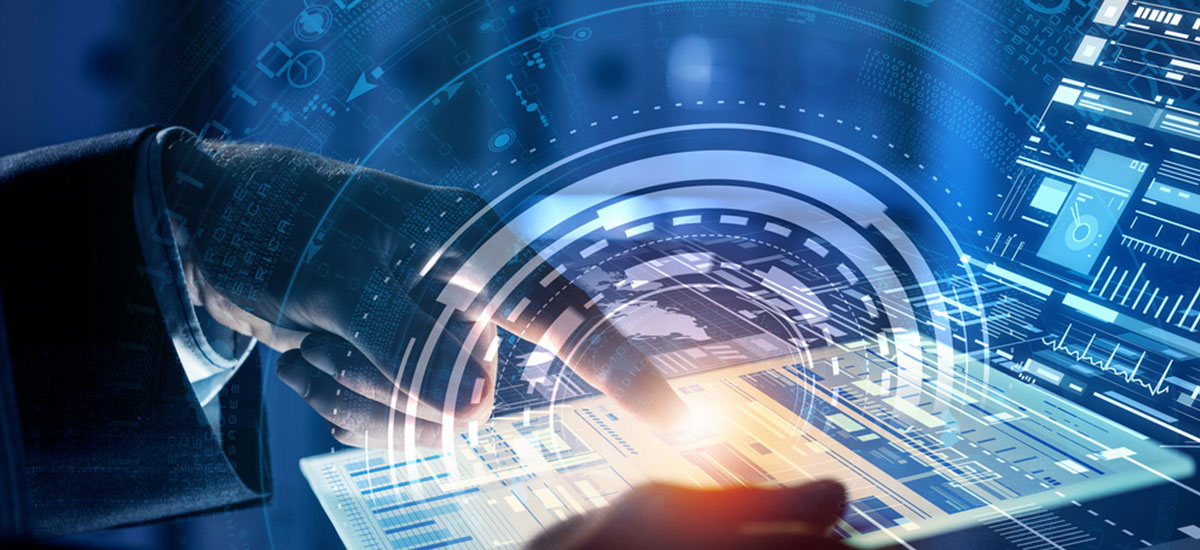
Listen to this blog
The healthcare industry is undergoing a massive transformation, driven by the integration of technology and data-driven approaches. Sensor data, which has been a valuable source of health information can now be easily collected and processed in large amounts thanks to technological advancements. By utilizing, Machine Learning-driven sensor data platform, healthcare professionals can make more informed decisions, personalize treatment plans, and monitor patients remotely, leading to better patient outcomes and improved overall healthcare delivery. In this blog, we will delve into how sensor data is currently being utilized to enhance patient outcomes and expedite drug release.
Using sensor data to improve patient outcomes
Sensor technology has been a vital component of healthcare for quite some time. However, technological advancements have enabled healthcare providers to gather and analyze large volumes of sensor data more efficiently. With smart sensor data platform, tracking vital signs like heart rate and glucose levels, healthcare professionals can gain valuable insights into the patient's health conditions. Visionet, being an early promoter of using advanced technology in healthcare, is committed to improving patient outcomes. Here are some examples of how healthcare providers are leveraging sensor data to achieve this goal:
Chronic Disease Management
Managing chronic diseases can be challenging, but sensor data is proving to be a game-changer in improving patient outcomes. For patients with diabetes, heart disease, or Chronic Obstructive Pulmonary Disease, sensor data platform can be used to monitor their condition and make informed treatment decisions. By analyzing real-time data, doctors can adjust medication dosages and identify trends in blood sugar levels, leading to more personalized care and improved outcomes.
Rehabilitation
Another promising application of sensor data is in rehabilitation settings. Patients undergoing post-injury or post-surgical rehabilitation can benefit greatly from sensors that monitor their movements and provide real-time feedback to their therapists. For example, motion sensors can track the movement of a patient's limbs during physical therapy, allowing therapists to fine-tune the therapy regimen for maximum effectiveness.
Elderly Care
Sensor data is also proving to be an effective tool in monitoring the health and well-being of elderly patients. This population is at higher risk of falls, cognitive decline, and other health issues, making monitoring and early intervention critical. Activity sensors can be used to track changes in activity levels, alerting healthcare providers to potential health concerns. This helps healthcare professionals to proactively address issues, leading to improved outcomes and quality of life for elderly patients.
Personalized Treatment Plans
Sensor data platform combined with machine learning techniques have demonstrated the ability to improve patient outcomes in a variety of ways such as developing personalized treatment plans. By analyzing sensor data, models can identify patterns in a patient's health that may not be immediately apparent. These patterns can be used to develop personalized treatment plans tailored to the patient's specific needs.
Patients at Risk
intelligent sensor data platform improving patient outcomes by detecting patients who are at risk of developing a particular condition. For instance, through training models to predict diseases like diabetes and other health-related metrics, healthcare providers can intervene early and prevent the onset of the condition.
Targeted Medication
Sensor data can help to identify patients who are most likely to benefit from a particular drug. For example, if a pharmaceutical company is developing a drug to treat a certain type of cancer, sensor data can be used to identify patients who are most likely to respond positively to the treatment. This can help the company focus its marketing efforts and speed up the drug's adoption.
Using Sensor Data to Speed up the Drug Development Process
Pharmaceutical companies are leveraging sensor data platforms to speed up drug development and improve efficiency, enabling them to introduce new drugs to the market more quickly. Here are some examples of how sensor data is being used to expedite the drug development process:
Clinical Trials
Sensor data is employed in clinical trials to monitor patients and collect data on the safety and efficacy of new drugs and therapies. Wearable sensors, for instance, can be used to monitor patients' vital signs, activity levels, and sleep patterns. This data can be analyzed to assess the safety and efficacy of new drugs and therapies.
Suppose a pharmaceutical company is developing a new drug to treat hypertension. By using an intelligent sensor data platform, researchers can gain critical insights into how the drug is affecting the patient's blood pressure levels and much more. This information can then be used to optimize dosage and administration approach resulting in a more efficient and effective treatment plan.
Pharmacovigilance
Sensor data is also being used in pharmacovigilance to monitor the safety of drugs after they have been approved and are on the market. The use of sensors enables tracking of adverse drug reactions in patients, providing early warning of potential safety issues. This allows pharmaceutical companies to quickly address any concerns, and take action to ensure the safety of patients using their products.
Biomarkers
One way in which sensor data and machine learning are accelerating drug development is by identifying biomarkers, where the measurable indicators are used to predict the patient’s response to a particular drug. By analyzing sensor data, machine learning models can identify biomarkers that are linked with a particular condition or response to a drug. This information can be used to design more targeted and efficient clinical trials.
Challenges in Using Sensor Data
As sensor data plays an increasingly important role in healthcare and drug development, it's important to be aware of the challenges that come with using this data. At Visionet, we are well-equipped to handle these challenges and provide effective solutions. Here are some of the main challenges we address:
Data Privacy and Security
Sensor data is highly sensitive and needs to be protected to ensure patient privacy and prevent data breaches. Healthcare providers and pharmaceutical companies must ensure that they have robust data privacy and security measures in place to protect patient data.
Standardization
The lack of standardization in sensor data collection and analysis can make it difficult to compare data from different sources and ensure the accuracy and consistency of the data.
Integration with Existing Systems
Integrating sensor data platform with existing healthcare systems and electronic health records can be challenging, requiring significant investments in technology and infrastructure.
Conclusion
The use of sensor data in healthcare has the potential to revolutionize patient care and drug development by providing valuable insights for healthcare professionals. By collecting and analyzing patient data, healthcare professionals can improve patient outcomes and speed up the delivery of new drugs.
At Visionet, we understand the criticality of such technological advancement and so by prioritizing data privacy,security, standardization, and integration with existing systems, Visionet is leading the way in ensuring the highest level of success in using sensor data in healthcare. Overall, the use of sensor data in healthcare is an exciting development that has the potential to transform the industry and improve the lives of patients around the world.




